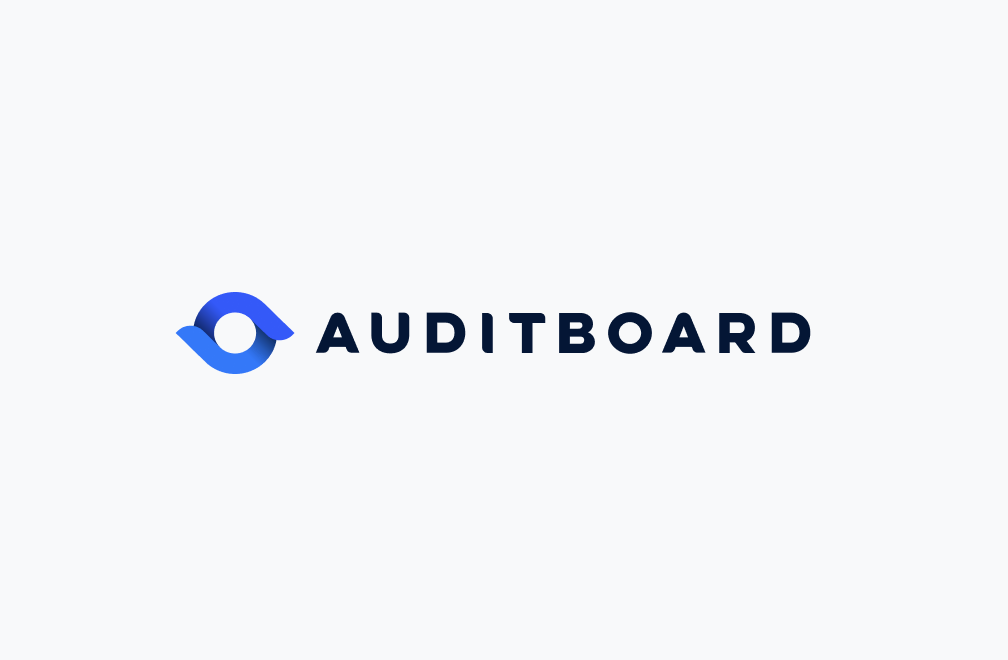4 Key Internal Audit Initiatives to Adopt in Periods of Economic Volatility

In times of economic crisis, business leadership must lean on the guidance and insights of its audit, risk, and compliance professionals to make decisions that protect value. There are a number of measures internal auditors can take to provide extra risk assurance to the business during periods of economic volatility. In addition to applying lessons learned from past economic shocks, auditors must anticipate new economic indicators and market trends and proactively provide assurance for risk assessments and scenario planning performed by risk teams.
In a new joint Chartered Institute of Internal Auditors and AuditBoard report, Adapting to Economic Uncertainty: Internal Audit’s Journey, we explore several key areas of focus that shape auditors’ ability to support their businesses in times of crisis. Download the full report, watch the video interview below with Richard Chambers (AuditBoard), Carolyn Clarke (Chartered IIA), and Siebrand Wolberink (SoftwareOne), and continue reading to learn how internal auditors are adapting to the New Normal.
Tracking Economic Trends in a Changing Environment
When anticipating potential macroeconomic risks, auditors must select and monitor relevant economic indicators based on their industry, location, and how exposed their business is to these risks. Some examples of key economic indicators to monitor include: GDP, inflation & interest rates, unemployment rates, the consumer confidence index, and exchange rates. Additionally, internal audit should work closely with management and other parts of the organisation to identify and assess risks, as well as develop and implement controls to mitigate those risks. This ensures a more collaborative risk management strategy that fosters greater, organisation-wide risk vigilance.
Risks to Watch: Recruitment, Retention, and Talent Acquisition
A common theme amongst internal auditors in all sectors is the risks around recruitment, retention, and talent acquisition. Not only are employees today more willing to jump ship and switch roles in pursuit of higher salaries, the workforce is also increasingly seeking organisations that align with their values and/or offer a degree of flexibility working-wise that fits in with their lifestyles e.g., hybrid working.
On the other hand, as organisations feel the squeeze of economic uncertainty, the real threat of mass layoffs is also another clear pressure point, keeping both employees and employers on their toes. Furthermore, the scarcity of skilled professionals and intensifying salary competition has elevated the level of rivalry, rendering traditional recruitment and retention strategies insufficient. “Work from everywhere” arrangements, development opportunities, clear career progression, and top-notch training courses are creative approaches that tend to attract and retain talent.
42% of internal audit functions have either maintained their resources/budget or experienced a decrease due to inflation rises in the past 12 months. This highlights the impact that the current economic climate is having on internal audit resourcing.
Time to be Flexible: Changes to Audit Plans
As audit departments experience resource and budget strains, economic uncertainty has also necessitated adjustments to internal audit plans. Internal auditors must be prepared to adapt and show a greater degree of flexibility during these uncertain times, no matter how lean their teams are. To ensure their response to economic uncertainty is both effective and proportionate, auditors should consider the following initiatives:
- Provide Assurance for Risk Assessments and Scenario Planning: Provide proactive assurance on the organisation’s overall risk assessment processes and scenario planning in order to analyse whether they are in line with the current economic climate. Evaluate the potential impact of risks associated with economic uncertainty on the organisation’s objectives, operations, and financial liquidity. Collaborate and coordinate with risk management to ensure that key risks identified are aligned.
- Evaluate Business Practices: Collaborate with risk management and business continuity teams to strengthen the organisation’s overall resilience. Auditing costs, identifying efficiencies, and evaluating pricing strategies in relation to inflation changes can help mitigate financial risks and promote financial stability. Scrutinizing any major projects and investments ensures their feasibility, alignment with financial objectives, and effective resource allocation while mitigating associated risks.
- Embrace Dynamic Auditing: Adapt internal audit plans to reflect changing risks and priorities. Prioritise audits that directly address high-risk areas affected by economic uncertainty and adopt a start/stop audit approach to ensure you are not wasting time and resources on long, drawn out audits. Use effective messaging such as flash memos or one-page audit reports to make sure the message is heard. Implement a rolling internal audit plan for these adjustments based on real-time economic developments.
- Be on the Lookout for Fraud: During times of economic uncertainty, fraud rises exponentially, and internal auditors play a vital role in evaluating controls that combat this. Assessing the effectiveness of anti-fraud measures, ensuring compliance with regulatory requirements, and detecting and preventing fraudulent activities are key during times of economic uncertainty. Internal audit also needs to assess the organisation’s ability to meet financial obligations and sustain operations during times of economic volatility. This evaluation of these going concern assumptions includes analysing cash flow projections and debt levels.
Due to the unpredictable nature of the macroeconomic landscape, balancing an increased demand for immediate assurance against a yearly audit plan may be challenging. However, auditors must rise to this occasion. The role internal audit plays in times of crisis is a direct reflection of its value — proceed accordingly.
To learn more effective strategies for building resilience in times of economic uncertainty, download the full report, Adapting to Economic Uncertainty: Internal Audit’s Journey.



